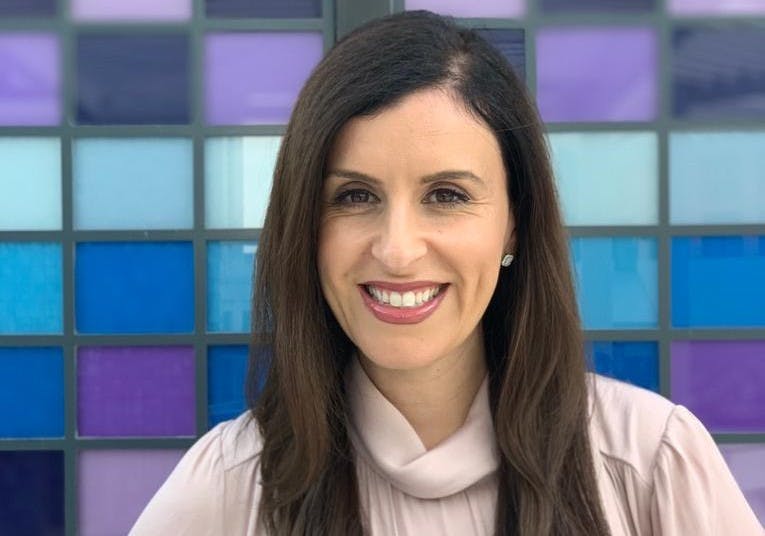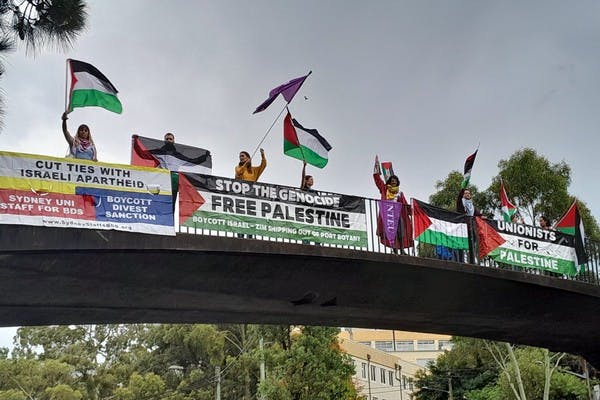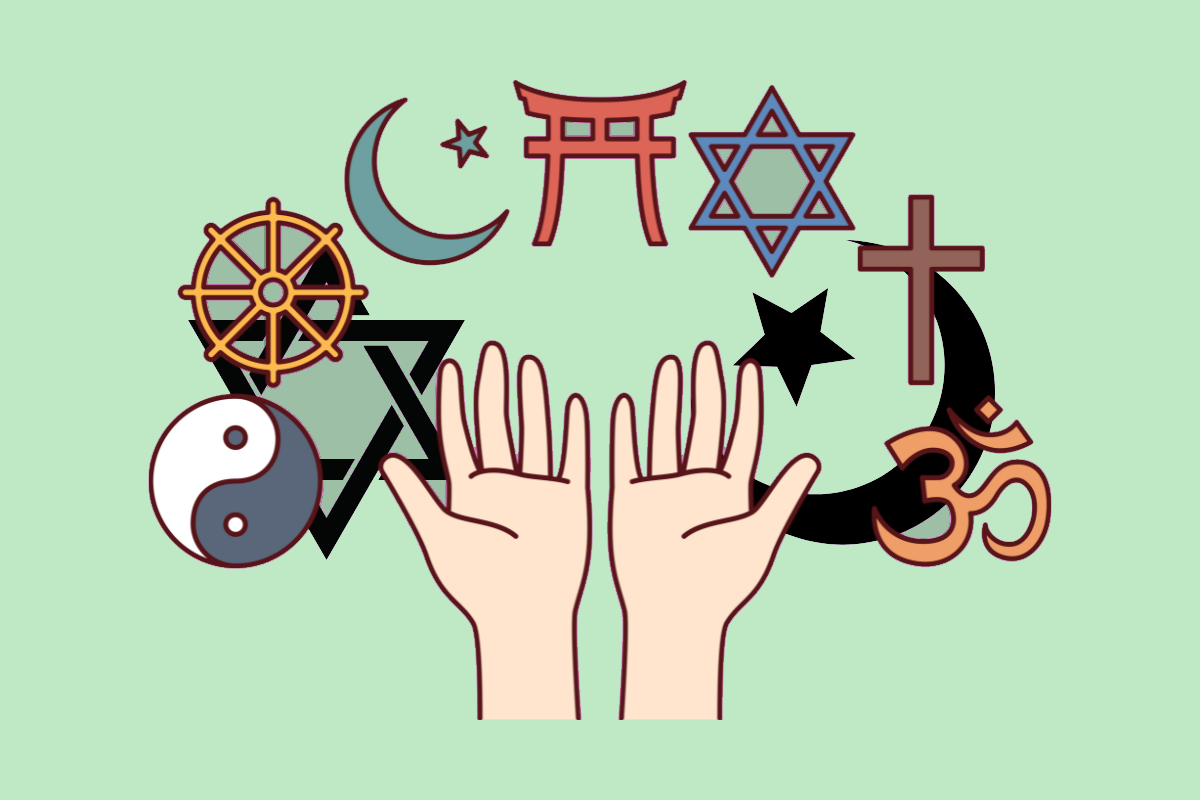Published: 11 June 2020
Last updated: 4 March 2024
Az men tut on sheyn a bezem, iz er oykh sheyn.
Dress up a broom and it will look nice too.
Some expressions sound better in Yiddish. That’s the thing about language. It holds a certain resonance, it has character, flair and when translated it just doesn’t quite pack the same punch.
For many Yiddish speakers, these sounds and cadences run deeper than humorous sayings or a fleeting turn of phrase. The language is history, ‘mamaloshen’ or mother tongue, a clearly marked route back to their childhoods, to their parents and grandparents, a way back home.
Yiddish speakers have been meeting in each others’ homes for decades in Sydney and Melbourne merely to speak in Yiddish. When Covid hit, meetings in person had to stop but that didn’t stop the meetings. Za za Zoom to the rescue.
“People like their backgrounds. They don’t want to lose their Yiddish,” says Carol Friedman, who says Yiddish makes her feel “relaxed”. Friedman has been involved with Yiddish-speaking groups in Sydney since the 1980s. “Sometimes we sit in our group and we say, ‘what’s the word for that in Yiddish”’. Someone gets a dictionary out [or Google] and we say, oh that’s right, because you forget.”
Melbourne-born Friedman, whose parents only spoke Yiddish at home, started her first group with three women in Sydney because none of their husbands spoke Yiddish and they “needed to speak Yiddish”. In the mid-90s Friedman ran another group for ten years at the Jewish Folk Centre in Bondi Junction in Sydney’s east.
On the first Sunday of the month, fortified by a brunch of bagels, smoked salmon and coffee, around 30 men and women would gather to talk in Yiddish. “They just wanted to hear people talk and to talk themselves,” she says.
Fast forward to 2020 and Friedman now participates in several monthly Yiddish groups – including the initial group that now comprises 13 members and a larger women’s group that’s open to new members. Throw in a pandemic and a little app called Zoom and you’ve got multiple Yiddish groups meeting across two states several times a week, including a men’s group that started in 2019, and now has some 10 members.
“Yiddish links me to who I am,” says Rose Hyamson, who is part of both women’s groups, the smaller group for 20 years. “It links me to my parents and through them to the people I never knew. I am very, very culturally Yiddish. Jewish yes, but Yiddish.”
Hyamson is the designated Zoom technical officer of both groups and credits the online meetings for deepening the groups’ friendships. “It’s a very committed group,” Hyamson says of the smaller group. “Children and grandchildren trump everything but you don’t make another arrangement when Yiddish is on.” Prior to Zoom, “we were casual friends … but now we actually really know each other because it’s every week and because everyone has taken a turn to talk about themselves.”
As readers may know, Zoom works best as a platform when one person talks at a time. Tribal women’s and men’s groups traditionally use a talking stick to give each member time to talk. Zoom doesn’t need a stick – its virtual tools are the ‘mute all’ button or the ‘raised hand’ signal and after three weeks of technical teething, Hyamson says the groups are now cohesive.
“When we met in person and there were 12 people around a table you have a conversation but then it tends to break up and you can’t join every conversation. Here you’re part of the ongoing conversation otherwise you can’t hear anyone.”
So what do they talk about? ‘No gossip’ is an unspoken rule but everything else is permitted. From politics to grandchildren to the latest Covid restriction news – the conversation is lively and robust.
“Although many members have Holocaust survivor parents, the Holocaust is seldom mentioned. “I think it’s part of our shared background but it’s very rarely part of the conversation,” says Hyamson.
Zoom has also offered the women a unique glimpse into each others’ homes. No make up, no fancy attire. “We are coming as we are,” says Hyamson. “And when you deepen that because you’re now doing it in Yiddish, it adds another layer because we’re not just women who are of similar age, we are women who have a really deep, grounded background together.”
For newcomers Gilda Hurwitz and Rita Nash, a pair of Sydney Jewish Museum volunteers who only joined on Zoom, the group has been a very positive experience. Hurwitz, originally from South Africa where there were no Yiddish groups, had been looking for one for some time and found the group through Nash. Though both women are enjoying Zoom, they look forward to meeting up in person post-Covid.
Melbournian Eric Krause has been organising Yiddish gatherings over the years together with his wife and friends. Krause grew up in a Yiddish-speaking home and has strived to communicate in his first language when possible. “It’s a connection to my parents and I have fond memories of them speaking Yiddish.”
Krause recently joined the Sydney online men’s group where he has reunited with ex-Melbourne friends after many years without contact. A self-professed ‘people person’, Krause prefers the camaraderie of sitting together and the ability to look someone in the eye, but he also sees the value of Zoom beyond Covid for the survival of Yiddish.
“There’s always a few that will push it and the best example is that we are doing the Zoom and one person leads on to another.”
For a demographic that was ordered to stay home, if not by the government than at least by their Gen X children, having the online Yiddish groups has come as a welcome delight. “I think that Covid has played in our favour in that we really have been able to indulge ourselves in Yiddish,” says Hyamson. “Which I think we all really love.”
Yiddish speakers who want to join the groups, ring Dora on 0418 317 241
Photo: Zoom chat session of a Sydney Yiddish group (Helen Berger)




